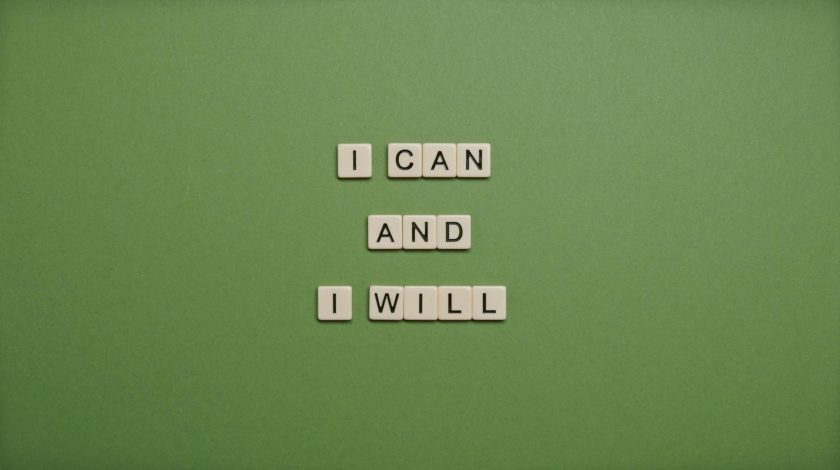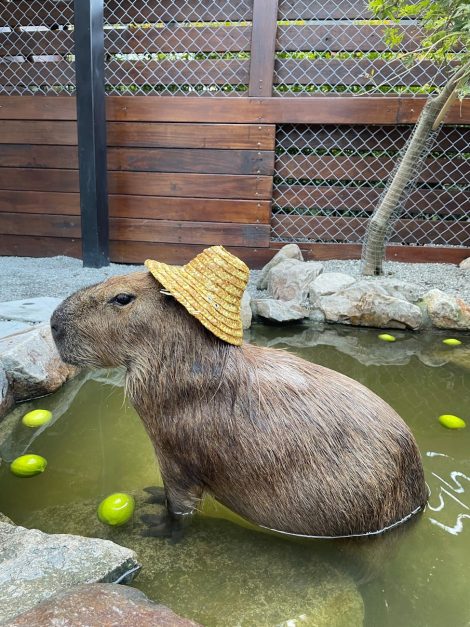When your daughter has ADHD, it’s easy to focus on what needs fixing. She’s not paying attention; she forgot to do her homework again, and you’re watching her meltdown for the third time today because her socks feel weird. You’re in a constant battle of “do this, not that,” but nothing seems to change. It’s just a negative and frustrating loop of repeated corrections.
But that’s just it—the things you focus on get bigger and become all-consuming. So, when you mainly focus on misbehavior, it becomes all you see. That’s why flipping the script and focusing on what your daughter does well is so important. Use positive reinforcement because she thrives on it! Praise, support, and encourage her creativity, resourcefulness, and imagination. Because for ADHD kids, true behavior change comes from celebrating strengths.
Let’s look at ways you can use positive reinforcement to help your daughter learn and grow.
Motivational goal gradient

The closer you get to a goal, the more excited you get about it. That’s called the goal gradient, and it’s true for your daughter, too. In the early stages, her progress towards a goal doesn’t feel that exciting. However, her motivation and effort ramp up when the finish line is in sight.
For example, you use stickers to motivate your daughter to brush her teeth, and she needs 10 stickers to get a reward. The first few days, she drags her feet. But the closer she gets to 10 stickers, the more invested she gets. You’re no longer reminding her to brush her teeth; she’s reminding you! She’s excited because she’s so close and knows the goal is within reach. That boost is a powerful motivator to change behaviors.
Encourage her interests
Your daughter hears enough negative messages. She can’t do this, or she can’t do that. But what if she could?
Support her ideas
The next time your daughter shares an idea, explore it with her—no matter how outlandish. She has an interest-driven brain, so pay attention to what captivates her.
She wants a capybara as a house pet? Ok. (Not going to happen). But what would she name it? Where would it sleep? Let her have fun with ideas. Most likely, it’s a whim, and her interest will quickly run out. But what if she’s still talking about it a few days later? That’s great! It’s an interest worth exploring. Listen to her interests, and ask her to tell you about them. Take her to the zoo or learn about capybaras. Whatever her passion, support her.
In 20 years, your daughter won’t remember you didn’t let her bring home a giant rodent, but she’ll remember how you made her feel.

Communicating effectively with your ADHD daughter
What you say and how you say it matters. The simplest shifts can make a world of difference.
Listen before you talk
Award-winning author and ADHD parent coach Leslie Josel suggests the acronym WAIT?. It stands for Why Am I Talking? It’s a great question to ask yourself in emotional moments. Sometimes, especially when your daughter is overwhelmed and upset, more talking adds to her stress. So, don’t fill the silence. Just give her some breathing room and time. Some things she can figure out on her own, and if she can’t, you’ll be there to support her.
“Real growth happens in the messy middle. If your child screams for 10 minutes but then calms themselves down? Praise that. That’s strength. And if we acknowledge those moments—right after they happen—we help our kids build habits that actually stick.”
~~Leslie Josel,
Award-Winning ADHD Student & Parenting Coach

Connection before correction
The next time you start to ask your daughter, “Why haven’t you…” Just stop!
Instead, try acknowledging that something is difficult and ask what would make it easier for her to succeed. Remove blame and support her instead. Remember, her brain benefits from different inputs. She may need clearer instructions, help prioritizing what she needs to do, or support getting started. Seek to understand what’s going on. It helps prevent frustration, and you’ll get better results every time.
Encourage critical thinking
Every day, you say things like, “Play nicely,” “Stop interrupting,” or “Settle down.” Try going a little deeper and help your child think about ways to do those things.
- Instead of “Play nicely,” try:
How can you show kindness when you’re both playing with the same toy?
- Instead of “Stop interrupting,” try:
How can you show respect when you want to say something, but someone else is talking?
- Instead of “Settle down,” try:
I need you to chill. What are some ways you can calm yourself down?
Or you can say, “That’s tough! What are some ways you think you could handle that situation?”
By turning commands into collaborations, your child builds autonomy and critical thinking skills. They feel empowered to make good decisions and think through situations.
Be specific in your rewards and praise
“Catch them doing something right—anything. It doesn’t have to be big. These aren’t throw-away comments; they’re fuel. They rebuild a child’s belief in themselves.”
~~Dr. Richard Selznick, Nationally certified school psychologist
Your daughter craves connection and wants to feel valued. So, celebrate her successes and progress. Change doesn’t happen overnight, but small wins matter. They are the stepping stones your daughter takes to make big progress. Be specific when you praise your daughter and use “I noticed” statements. These non-judgmental observational messages are powerful and help your daughter feel seen and valued.
- “I noticed you were having a hard time with your math homework, and you didn’t give up. That took courage.”
- “I noticed you took a few deep breaths instead of yelling at your brother. That was very impressive! “
- “I noticed you hung up your backpack today. I’m so proud of you.”
“These kids are often brilliant in unexpected ways. What they need is permission to grow on their own timeline, in their own way. Every child is a unique flower. Don’t try to grow moss.”
~~Debbie Sternberg Kuntz, neurodivergent coach, counselor, and founder and CEO of Bright & Quirky

Positive reinforcement doesn’t mean you don’t have boundaries or ignore unacceptable behaviors. You’re encouraging your daughter’s positive momentum; your support provides the foundation she needs to learn and grow. Daily connection and positive reinforcement help your daughter build her confidence and a positive self-image for future success.
Some days will be harder than others, but you don’t have to do it alone. Check out empoweredparents an online coaching support program designed for parents of ADHD kids.
Share via:

